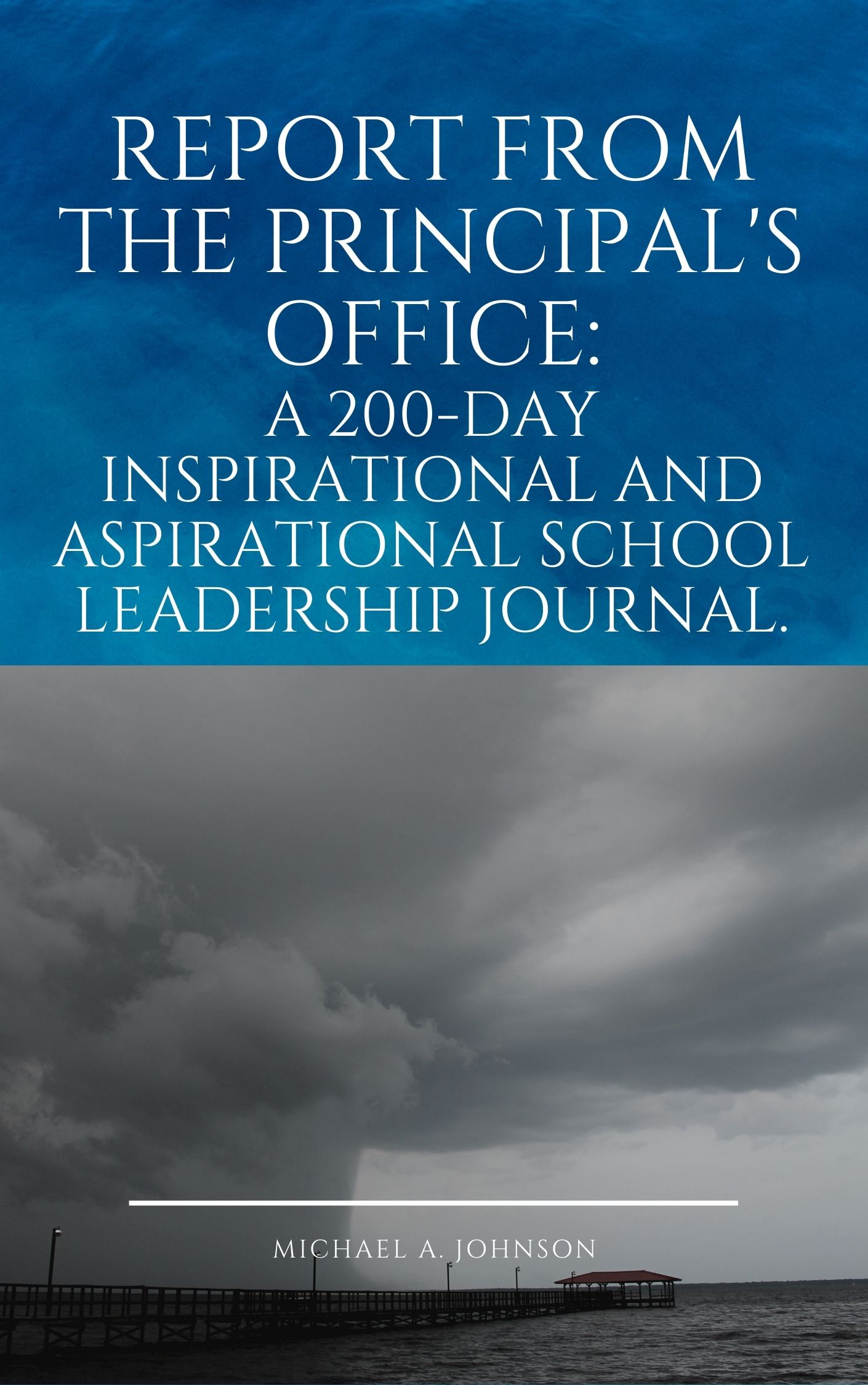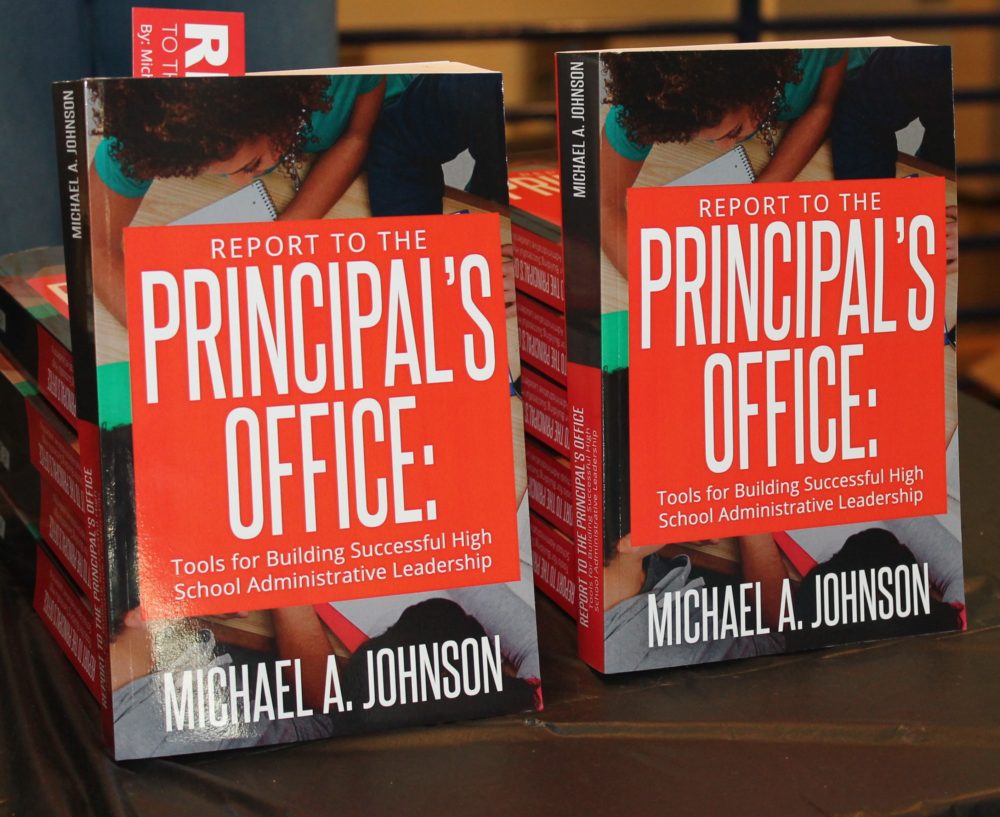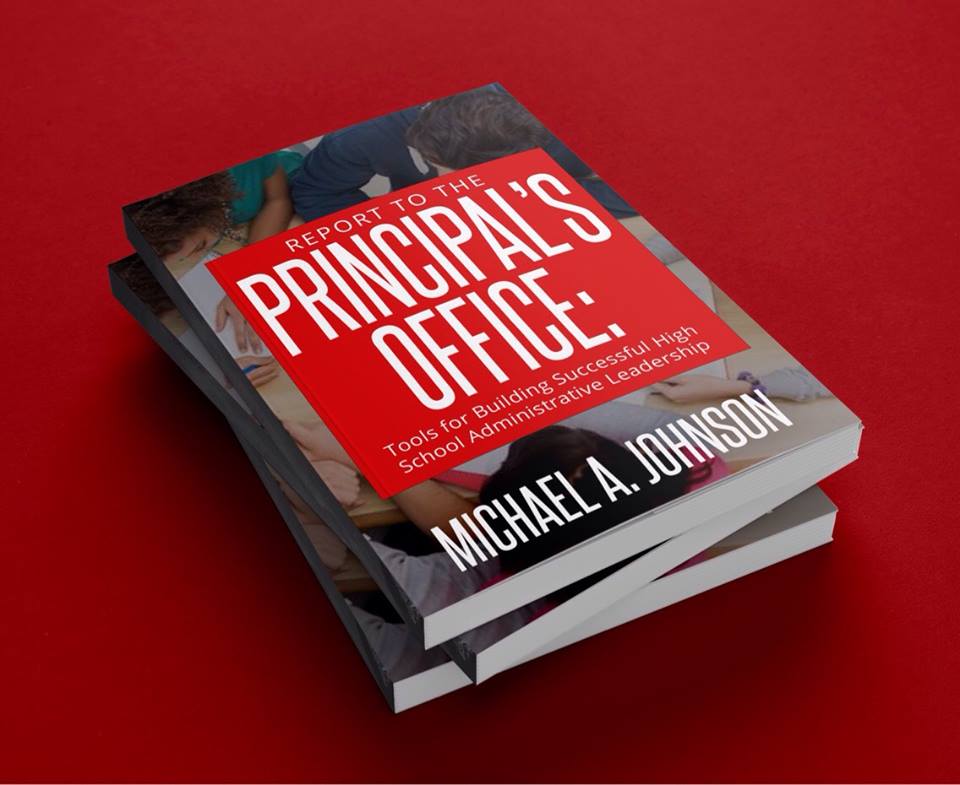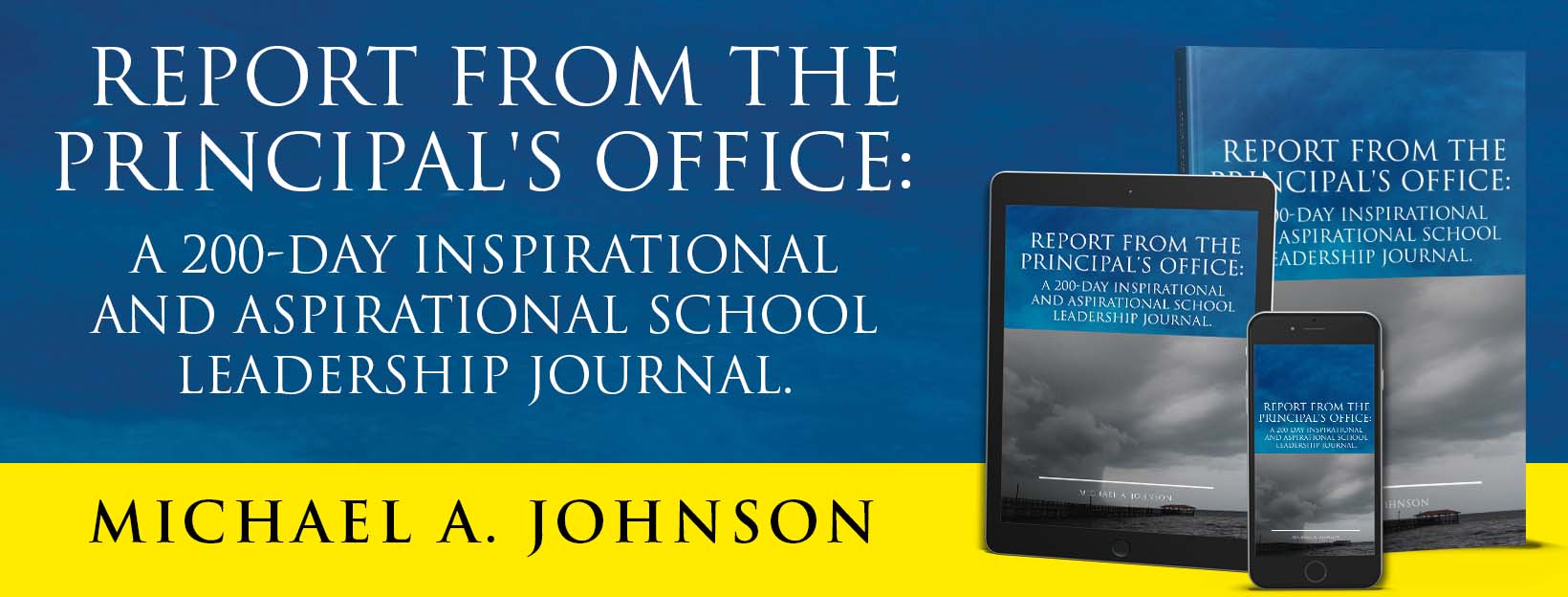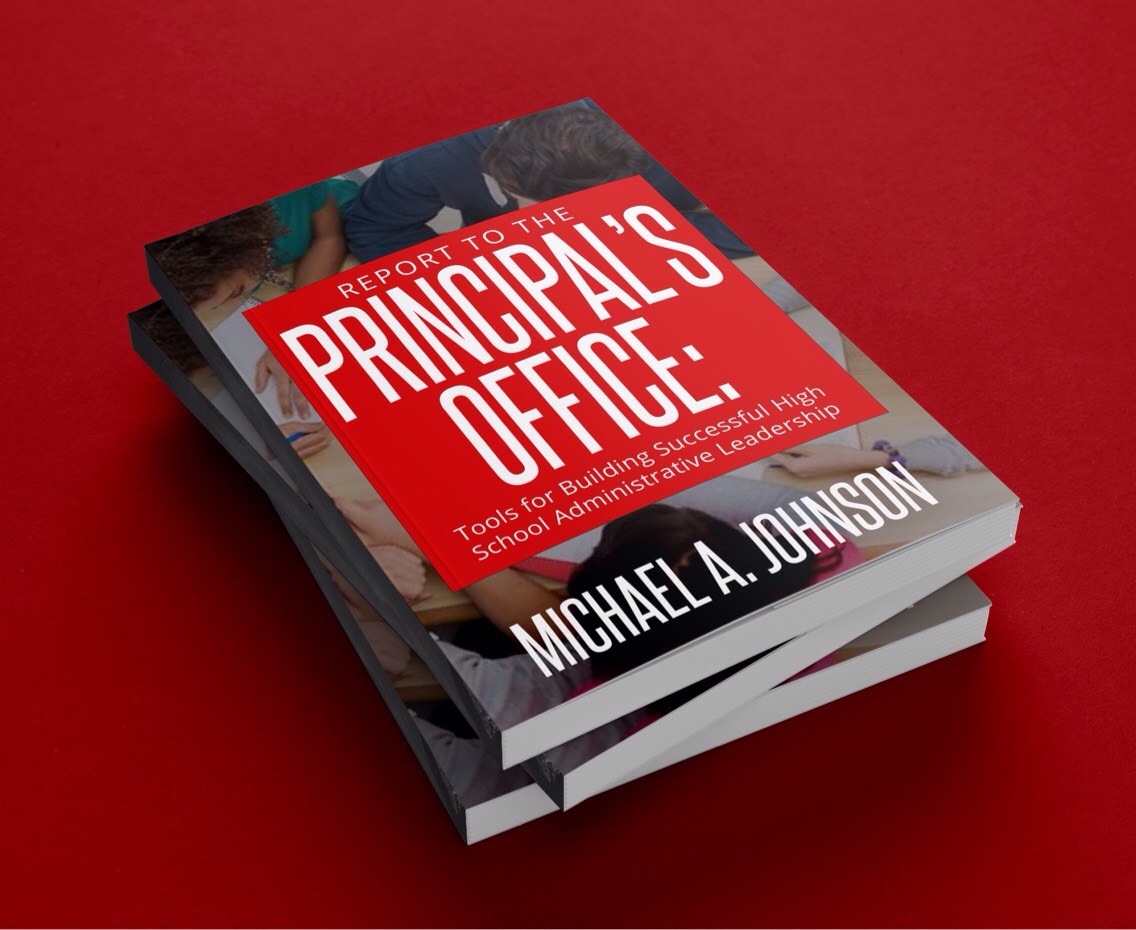This is not just an academic task but a professional, ethical mission to inspire and motivate our students to take charge of their living well in the future possibilities.
For eleven years, I treated the Principal’s Office (or should I say it treated me) as a classroom for understanding human psychology. I learned so much about life and human motivations in that space.
One of the first things I learned was the transformative power of effective communication. Many of the parents I met with in the principal’s office often applied very different parenting methods than the ones I experienced as a 1950s first-generation immigrant Caribbean-American public-school child. The differences in both chronological time and family-raising culture were profound, and I quickly realized that if I hoped to communicate effectively with many of my school parents, then I needed to bridge the gap between my upbringing and the way students were being raised in the current (then 1990’s) era.
The first significant difference I noticed between my professional principal experience and my own public schooling experience was around this critical concept of personal responsibility. I participated in so many “odd” parent conferences in my office where when there was a student who was seriously misbehaving and disrupting a classroom lesson (which is how and why they ended up in my office) or a student who was dramatically underperforming academically when their middle-school academic performance record and standardized test-scores indicated they could do much better. I was amazed when a parent, with all sincerity, asserted some versions of things like:
“The teacher (does not like) has it out for my child!”
“The teacher wants my child to fail the course (or the end-of-course standardized exam, e.g., Regents)!”
“This school is asking too much of students!” (“And you, principal Johnson is doing too much!”)
“He or She is associating with the wrong people!” (It’s fascinating when all the parents of the rambunctious group independently say the same thing about the other students in the group)
“This school (and often specifically me, the principal) doesn’t like my child!”
“My child has a First Amendment right to express their opinions on the lesson while it is being taught.”
“The teacher does not know how to teach (pick one: science, math, history…).”
“Other students in the class were doing the same or similar “bad” things!”
“How come you don’t ever suspend any of the students on the honor roll!” (I heard that one a lot)
It was always amazing to see parents cast their wanna-be bully child into the award-winning role of “victim.”
(And one of my all-time favorites from a father of a 9th grader being in-house suspended for blurting out in the middle of a lesson an extremely inappropriate remark about a part of a teacher’s anatomy) “Come on, Mr. Johnson, didn’t you have a crush on a teacher when you were in high school?” He said it in front of his victory-smiling son; I knew then I had a lot of work to do for the next four years.
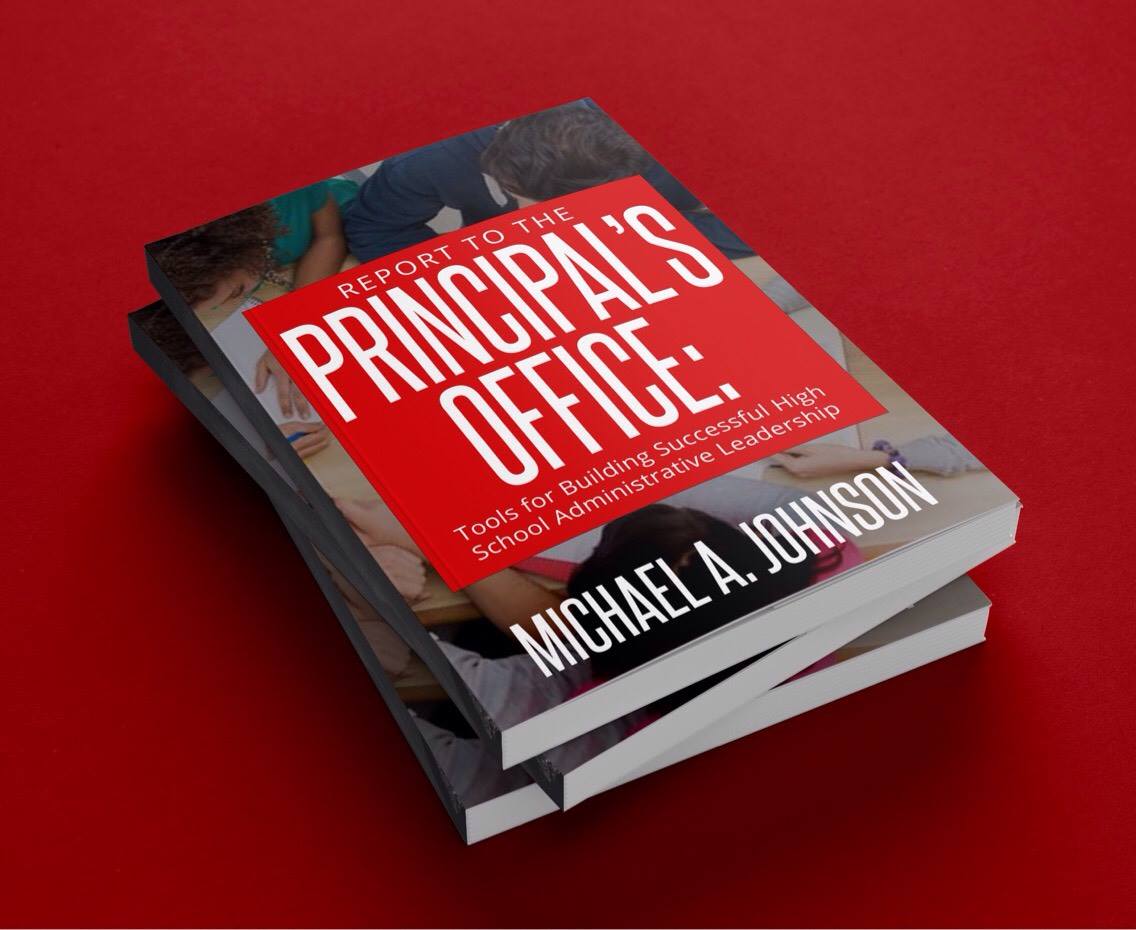
Effective verbal and body language are critical tools in achieving personal and professional objectives.
Those themes ran throughout many (and thankfully for my emotional sake, not all) of these principal office ‘corrective-action’ parent meetings. Sadly, there was always something outside of the child’s power to reason with, control, or have the ability to independently manage that was the cause for their misbehaving or academic underperforming actions. Exempting, of course, those special education cases where the student was documented diagnostically struggling with control issues, but even in those IEP disciplinary situations, the objective was to grow that child self-control powers.
However, this parental abdication (for acting out and underperforming regular education students) of personal responsibility on the part of the student could be badly enhanced by parents who cherished their role of being the child’s “friend” over being a behavioral standards-setting adult parent.
Sometimes, parents would say, “It’s racism (as the cause)!” when the teacher was White, but that did not explain when the child exhibited the same negative behaviors or academic underperformance in a Black teacher’s classroom. For sure, our society is far away from removing the national stain and shame of its slavery past, a historical holocaust that has been changing in form but not in its practical expressions, even up to our modern era.
My concern, and a discussion I often had with my students, is that if everything that goes wrong in our personal lives is caused by racism (even when no White person is involved), then that removes all self-authority from our existing lives, essentially rendering us as less than human.
Perhaps a primary price of “Freedom” is taking personal responsibility, knowingly acting in our best interest, affirming our humanity by properly managing our behaviors, including managing our response to the harmful behaviors (e.g., racism) of others, and not waiting for permission to exercise our agency, meaning not simply always being in a state of reacting dependency. In many ways, and for many years, this has been a core pillar of my educational philosophy.
The ability to effectively advocate for oneself or for the good of others is an invaluable life skill!
As a science center director, I and Dr. Gerald Deas met with the then President of SUNY Downstate Medical Center (SDSMC) in Brooklyn, where we proposed a major groundbreaking summer program. This program, where the esteemed faculty of SDSMC would teach middle and high school students, had the potential to inspire and motivate the next generation of scientists and medical professionals. I was able to establish similar partnership programs at IBM, Brooklyn Union Gas, Polytechnic University, Pratt University, Pfizer, Bristol-Myers Squib, Columbia University, NYC Technical College, Office of Naval Research, The National Highway Traffic Safety Administration, Construction Trade Unions, The U.S. State Department, the U.S. Architect of the Capital, the National Science Foundation, etc., see: https://majmuse.net/a-little-about-me/
In addition, early in my personal professional journey, I had to appear before a board of examiners for the verbal portion of my seven-hour NYC principals licensing and certification exam. I approached this challenge as any good, standardized test-taker would: I stayed on mission-message. I reminded myself, “This isn’t about me. It’s about understanding the established standards and qualifying rubrics that the test-grading interviewers will use to determine whether I can serve as a public high school principal. If I don’t succeed, I won’t be in a position to help young people, many of whom share my ethnic, cultural, or socio-economic background. My commitment to these students is unwavering, and their success was my ultimate goal.”
In many situations where I needed to ‘make a pitch’ to secure resources and opportunities for young people, a central thought guided me: “This is not about me or how I feel; it’s about achieving my objective.” This perspective required me to engage in attitudinal-adjusting and “code-switching” communication techniques, powerful skills that allows us to adaptively transform our language, behavior, or appearance to fit and succeed in different social, professional, and educational contextual environments.
Code-switching is an essential life skill that not all young people have equal access to, yet it plays a crucial role in achieving career success. As professional educators, we have a responsibility to ensure that all students have this tool in their arsenal, leveling the playing field and empowering them for their future aspirations. That’s why I believed it was vital to teach students the appropriate techniques for code-switching and other professional “soft skills,” despite facing political backlash, often from privileged individuals who had already reached their own professional goals and were secretly imparting these skills to their children.
We regularly organized sessions on topics like “How to Dress for a Successful Interview” and “How to Present Your Best Personal and Professional Self” for students preparing for apprenticeship programs, college admissions, scholarships, internships, or job interviews.
I have always emphasized that some “old-fashioned” values such as self-discipline, compassion, perseverance, honesty, manners, civility, and good character are always in good personal standing fashion, In part because I used them to advance my own career. Why then would I hide these essential ‘soft-skills’ values from my students?
Unfortunately, in the current climate of our nation’s history, rash rudeness, vulgar disrespect, and bullying behaviors are often celebrated as strengths, while virtues like decency, respect and humility are mistakenly viewed as weaknesses. In this challenging context, we, as educators, must remain committed to instilling the timeless positive and good and best-life outcome producing values in our students, inspiring them to uphold these virtues and guiding them toward a successful future.
As a principal and superintendent, I interviewed many, many people for many different positions. So it was strange to see some of them saying things on social media like: “Let the brother be his unadjusted, nonadaptive, “keeping-it-real” natural self when interviewing for a job,” when they did not behave in that manner when they interviewed with me for a job! Or, I know of instances when their own children engaged in a life-enhancing interview scenario, and they did not advise them to: “Just be you boo, and make those folks interviewing you like and accept it!” Isn’t that the operational definition of hypocrisy?
“Good for thee, but not for me (or my children)!”
I’m often amazed at how many entertainment celebrities who project a “street credibility” persona of rejecting formal education, but who meticulously plan strong academic pathways for their own children to ensure their success in life. It starkly contrasts with the anti-academic lifestyle they will promote for their concert-paying or music-buying audiences!
And one of my grave disappointments during my many years of public education service is the number of professional educators who give one set of reasonable advice to their own children and a completely different, failing strategy to other people’s children. This, again, is what we call hypocrisy, and it’s crucial for parents to be aware of its ever-recurring low-expectations presence in our schools.

If at any point in your life you took and passed a specialized high school exam, met the creative arts performance standards for admission to a prestigious performing arts high school or college, passed a city or state assessment exam, earned an International Baccalaureate Program Diploma, or took the SAT, ACT, Advanced Placement (AP) exam, LSAT, Bar exam, MCATs, GRE, nursing, national teachers or principals exams, or any other qualifying exams, if you have earned an Associate, Bachelor’s, Master’s, or Doctoral degree, then you have submitted yourself to the rules, conditions, standards, and requirements necessary to achieve that recognized, personal and financially rewarding status. If this status applies to you, please do not send the message to young people—whether in person, in your classroom, or on social media—that the “reality” in their heads is the only reality that exists in the world. It is misleading to suggest that success in life can be achieved solely through their subjective evaluations and interpretations of what is required of them. This notion is hypocritical because you (and probably your children) did not follow this self-destructive approach.
Sometimes, courage in education (and parenting) is just simply telling the truth in a crowded circle of cowed individuals committed to not confronting uncomfortable realities.
But then again, what do I know? I’m just an old guy who is laser-focused on helping young people navigate the many societal gatekeeping systems—including various forms of bigotry and discrimination—by acquiring knowledge and mastering skills, learning all about how these gate-keeping systems operate, learning the established standards and evaluative rubrics these systems employ; and then applying the best practices rules of positive communitive engagement techniques to their quality-of-life advancement advantage.



